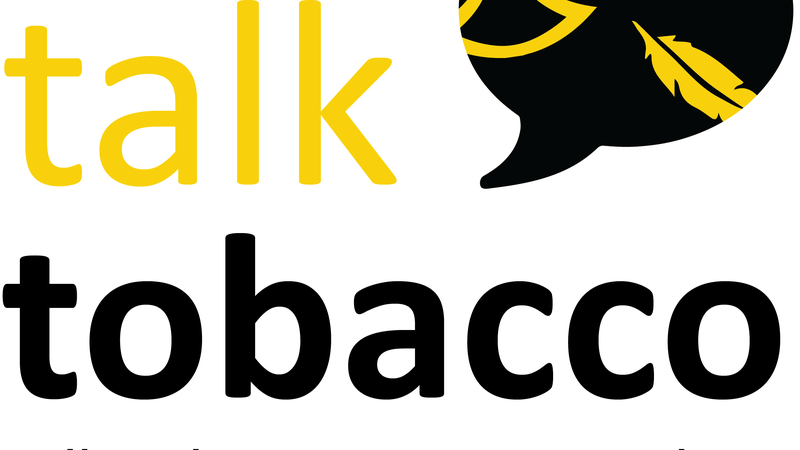Can Music Help Heal Hearts?
If you’ve had one heart attack, you’re at higher risk of having another. Studies show that cardiac rehabilitation programs can reduce death rates by up to 30% and lower risk of future heart problems. Despite that, roughly half of all patients referred to rehab programs drop out.
To encourage patients to keep coming back, cardiac rehab programs have tried financial incentives, in-home programs and more.
Now Dr. David Alter, a cardiologist and chair of Cardiac Rehabilitation at University Health Network in Toronto, is trying music. Dr. Alter and his team believe the custom music playlists they’re developing could help reverse dropout rates.
Cardiac rehab is a lot like a gym, except that the trainers specialize in working with people who are recovering from serious cardiac events. To safely build their strength and mobility, patients follow customized exercise prescriptions.



